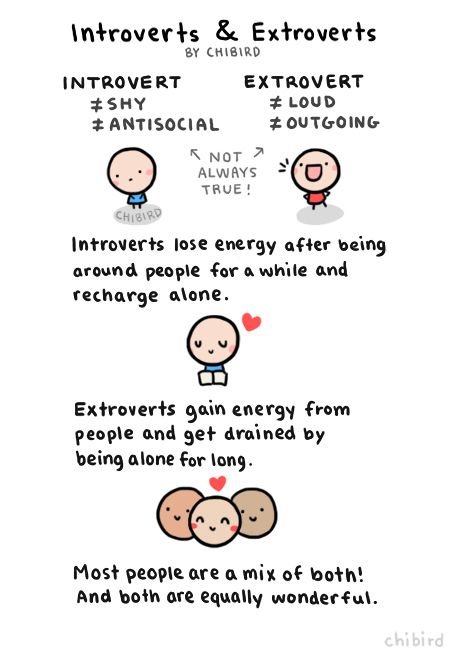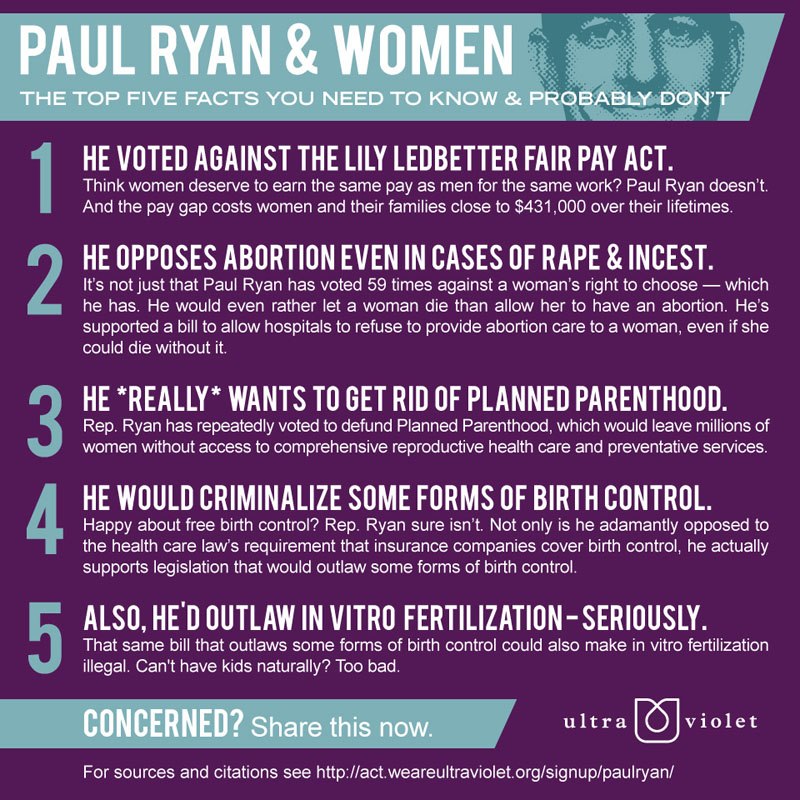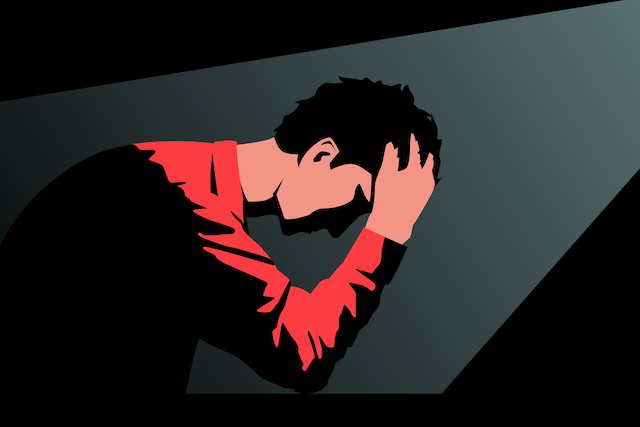The dark tetrad
New psychology research uncovers why people with "Dark Tetrad" personality traits are more likely to believe conspiracy theories
A study from the journal Personality and Individual Differences suggests that there may be an underlying, shared feature of dark personality traits that explains why each one is tied to conspiracy belief. The study found that nearly all of the associations between dark traits and conspiracy belief could be partly explained by three mediators: the tendency to uphold odd beliefs, the tendency to distrust others, and a fatalistic attitude.
The Dark Tetrad traits describe the anti-social personality traits of narcissism, Machiavellianism, psychopathy, and sadism. While all four of these traits describe people who are prone to cruel behavior and taking advantage of others, each one is associated with a distinct profile. Narcissism involves the tendency to be overly concerned with one’s self-image, Machiavellianism involves the tendency to be deceitful and manipulative, psychopathy includes callousness and lack of remorse, and sadism involves pleasure from inflicting pain on others.
A common feature of dark personality traits is the tendency to believe in conspiracy theories. Researcher Cameron S. Kay was motivated to uncover what it is about these traits that might predispose people to such beliefs. In his study, he tested the potential mediators of odd beliefs, perceived lack of control, desire for control, distrust of others, and the need to feel unique.
A final sample of 474 undergraduate students completed a questionnaire that included assessments of each of these potential mediators, as well as each of the four dark personality traits. The students also completed three different scales to measure aspects of conspiracy ideation.
The results of the survey revealed that nearly all facets of the dark personality traits were linked to conspiracy belief through three main factors: the tendency to uphold odd beliefs, the tendency to distrust others, and a fatalistic attitude (the tendency to feel a lack of control over one’s future). The only exception was the leadership/authority facet of narcissism, which was tied to conspiracy ideation through odd beliefs, the desire for control, and distrust of others, but not fatalism.
“In contrast to what the previous literature would suggest, it appears that those with aversive personality traits believe in conspiracy theories for mostly the same reasons,” Kay notes in his study. “Conspiracist ideation may, therefore, arise from some shared feature of these traits rather than a feature that is unique to each trait.”
The study author suggests that one such shared attribute might be low-agreeableness, which is a common feature of the four dark traits and has also been linked to conspiracy belief. Another possibility, he says, has to do with life history strategy. People with dark personality traits tend to adopt a “fast life strategy” that leads them to pursue immediate gratification at the expense of long-term consequences. Fast life strategies involve a distrust of others and a fatalist attitude.
Kay’s findings offer insight into potential interventions aimed at reducing conspiracy belief. As the author proposes, these interventions might find success by focusing on altering an individual’s unusual beliefs, fatalistic attitude, and distrust of others, “without having to change the person’s underlying disposition. ”
”
The study was limited by a non-representative sample, and additional mediators remain to be considered. While future studies will need to be conducted, the study offers tentative evidence that people with dark personality traits are likely prone to conspiracy belief for the same reasons.
The study, “Actors of the most fiendish character: Explaining the associations between the Dark Tetrad and conspiracist ideation”, was authored by Cameron S. Kay.
What They Are and What They Mean
Dark Tetrad Personality Traits: What They Are and What They Mean Search iconA magnifying glass. It indicates, "Click to perform a search". Chevron iconIt indicates an expandable section or menu, or sometimes previous / next navigation options.HOMEPAGEHealth
Save Article IconA bookmarkShare iconAn curved arrow pointing right.
Download the app
There are nine dark personality traits. Matteo Lunardi / FlickrIf someone has one dark personality trait, they are more likely to have another. That's according to a new study, which found that if you have something called the "D-factor," you tend to put your own needs about anyone else's — even if your actions are damaging to others.
People with any of the nine dark personality traits may belong to the Dark Tetrad. Colloquially, these people are known as sadists, narcissists, psychopaths, and sociopaths. But having some of the traits doesn't necessarily mean you have an antisocial personality disorder.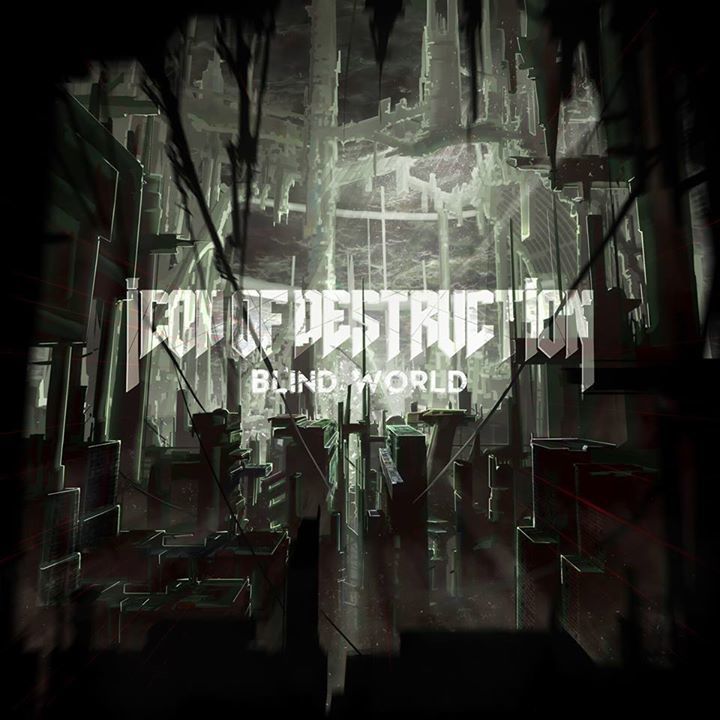
In fact, most people are on the psychopathy spectrum somewhere. And much of what people believe about people with dark personality traits isn't necessarily true. They aren't all obsessed with murder and hurting people. They just simply might not fret about it as much if they do cause someone else harm.
Here are the nine traits that are considered dark and what they mean. Remember, having one means it's more likely to have another too.
Egoism
Having too much of an ego is unhealthy. Shutterstock/lenetstanThis is the excessive need to put your own needs first at the expense of others.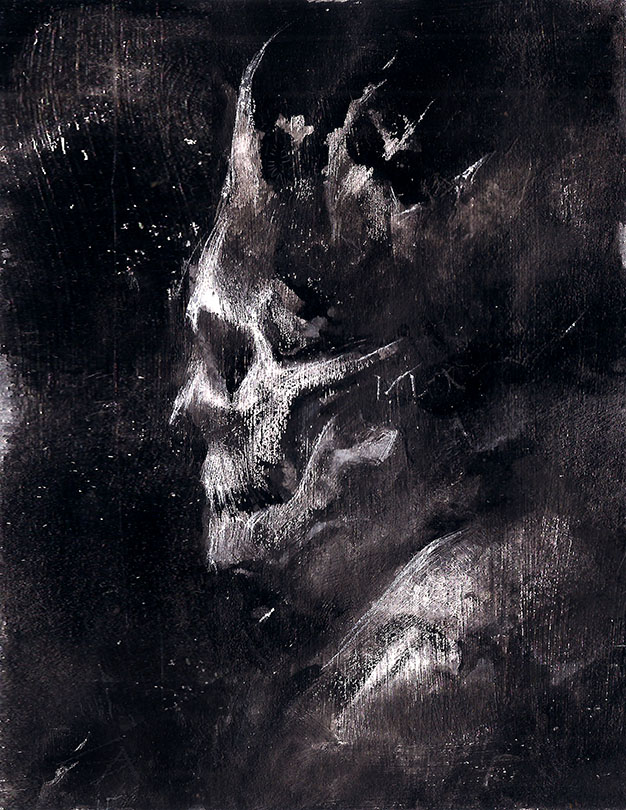 In philosophy, egoism means one's self is the motivation and goal of all their actions.
In philosophy, egoism means one's self is the motivation and goal of all their actions.
Machiavellianism
A statue of Niccolò Machiavelli. Hulton Archive/Getty ImagesNamed after infamous Italian diplomat Niccolò Machiavelli, it is the belief that the end justifies the means, no matter how manipulative or callous. In short, someone who has Machiavellianism is a master manipulator, and anyone who allows themselves to be used probably deserves it.
In short, someone who has Machiavellianism is a master manipulator, and anyone who allows themselves to be used probably deserves it.
Moral disengagement
If you didn't consider the moral implications in life, you'd think you could do anything. Vadiar / ShutterstockSomeone who can morally disengage from a situation can convince themselves normal ethical standards don't apply to them in certain contexts. This means they can behave unethically without worrying about the consequences.
This means they can behave unethically without worrying about the consequences.
Narcissism
Narcissists simultaneously loathe everyone and thrive off their attention. ShotPrime Studio / ShutterstockNarcissism is defined as having self-importance, delusions of grandeur, and looking down at everyone else with contempt. Someone with narcissism is also a walking contradiction, as they always want the attention of those they despise.
Someone with narcissism is also a walking contradiction, as they always want the attention of those they despise.
Psychological entitlement
Some people think they deserve more than everyone else. eggeegg / ShutterstockThose with psychological entitlement think they are better than everyone and deserve better treatment than they give out to others. In general, it means they think they should be given special treatment, and if they don't get it, they become furious.
In general, it means they think they should be given special treatment, and if they don't get it, they become furious.
Psychopathy
Psychopaths cannot feel emotions like other people do. frankie's / ShutterstockPeople on the psychopathy spectrum lack empathy or shame over their actions, and often engage in reckless, impulsive behaviour.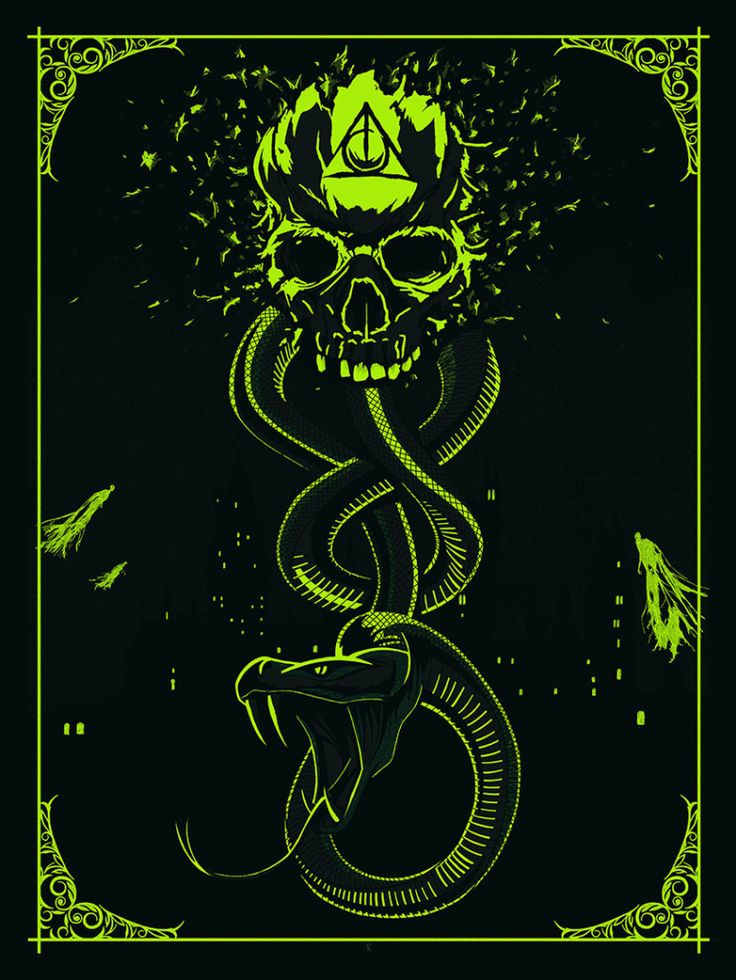 They are thrill seekers, often have aggressive and sexual dreams, and don't think too much about their actions.
They are thrill seekers, often have aggressive and sexual dreams, and don't think too much about their actions.
Psychopaths are not necessarily any more dangerous than other people, but in the general population, they are more likely to be imprisoned for violent crime.
Sadism
Sadists like to see others harmed. ShutterstockThis means wanting to inflict emotional or physical harm on others for enjoyment. Researchers identified some markers for determining someone's level of sadism, which includes statements such as, "I would enjoy hurting someone physically, sexually, or emotionally," and "I have humiliated others to keep them in line."
Researchers identified some markers for determining someone's level of sadism, which includes statements such as, "I would enjoy hurting someone physically, sexually, or emotionally," and "I have humiliated others to keep them in line."
Self-interest
Self-interest isn't always obvious. Monstar Studio / ShutterstockSelf-interest practically means being selfish, desiring social and financial success above anything else. There is also something called enlightened self-interest, which is when someone does things that appear altruistic, but they get some sort of reward out of what they've done too.
There is also something called enlightened self-interest, which is when someone does things that appear altruistic, but they get some sort of reward out of what they've done too.
Spitefulness
Some people can't help being spiteful. Petrenko Andriy / ShutterstockSpiteful people are destructive towards others and willing to cause them harm, even if it means they get hurt themselves.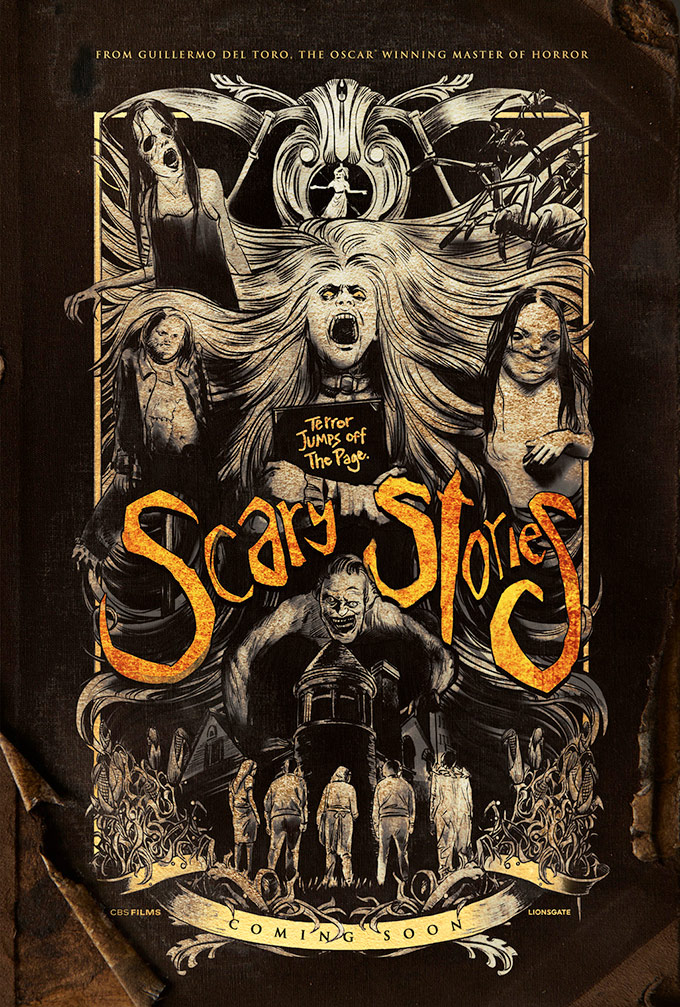 Hence the phrase "cutting off your nose to spite your face."
Hence the phrase "cutting off your nose to spite your face."
Read next
LoadingSomething is loading.Thanks for signing up!
Access your favorite topics in a personalized feed while you're on the go.
personality traits Psychopaths NarcissistsMore...
Dark Personality Triad
What is the Dark Personality Triad?
The Dark Triad is a new formulation for characterizing the malevolent maladaptive personality, consisting of Machiavellianism, subclinical narcissism, and subclinical psychopathy. This now popular psychological term was introduced in 2002 by Canadian psychologists D. Polhus and C. Williams, whose studies showed that two negative personal qualities - narcissism and Machiavellianism against the background of subclinical or clinical symptoms of personality disorders (psychopathies) form a stable combination characteristic of many social groups: criminals and delinquents, Internet trolls, deviant teenagers, counterproductive workers, politicians and businessmen. In most cases, this term describes people with "subclinical" symptoms, which means that they do not necessarily have narcissistic personality disorder (NPD) or antisocial personality disorder (ASPD). Currently, in the DSM-5 classification, the Dark Triad corresponds to cluster B personality disorders: disorders associated with impaired self-esteem and interpersonal communication. These are antisocial, borderline, hysterical and narcissistic disorders.
This now popular psychological term was introduced in 2002 by Canadian psychologists D. Polhus and C. Williams, whose studies showed that two negative personal qualities - narcissism and Machiavellianism against the background of subclinical or clinical symptoms of personality disorders (psychopathies) form a stable combination characteristic of many social groups: criminals and delinquents, Internet trolls, deviant teenagers, counterproductive workers, politicians and businessmen. In most cases, this term describes people with "subclinical" symptoms, which means that they do not necessarily have narcissistic personality disorder (NPD) or antisocial personality disorder (ASPD). Currently, in the DSM-5 classification, the Dark Triad corresponds to cluster B personality disorders: disorders associated with impaired self-esteem and interpersonal communication. These are antisocial, borderline, hysterical and narcissistic disorders.
Such people tend to be less compassionate, agreeable, sympathetic, satisfied with their lives and less likely to believe that other people are capable of being "good". Research on the dark triad is of great importance in applied psychology, especially in the fields of criminology and professional psychological selection. People who score high on these negative traits are more likely to commit crime, cause social problems, and create serious problems for the organization, especially if they are in leadership positions. Machiavellianism and psychopathy are associated with low work performance, and all three traits of the Dark Triad are significantly associated with an increase in counterproductive behavior in the workplace.
Research on the dark triad is of great importance in applied psychology, especially in the fields of criminology and professional psychological selection. People who score high on these negative traits are more likely to commit crime, cause social problems, and create serious problems for the organization, especially if they are in leadership positions. Machiavellianism and psychopathy are associated with low work performance, and all three traits of the Dark Triad are significantly associated with an increase in counterproductive behavior in the workplace.
The theory of the Dark Triad largely explains the phenomenon of the prevalence of negative personality traits in politicians and leaders. The personality traits of the Dark Triad are associated with the acquisition of leadership positions and significant interpersonal influence. Machiavellianism has been associated with the use of excessive charm in manipulation, narcissism has been associated with the use of charm by physical appearance, and psychopathy has been associated with physical threats.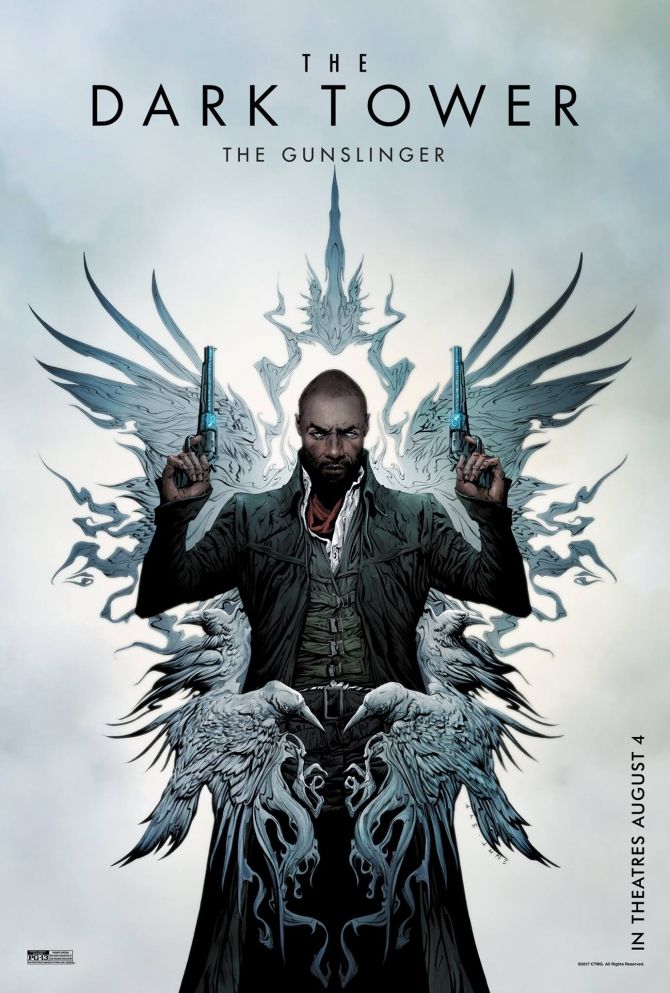 Dark triad traits are most commonly seen in senior executives and CEOs.
Dark triad traits are most commonly seen in senior executives and CEOs.
Dark tetrad
The combination of the dark triad with sadism forms the Dark tetrad, which is manifested by the enjoyment of the consequences of emotional or physical cruelty towards people or other living beings experiencing suffering. Sadism shares characteristics with psychopathy and antisocial behavior (lack of empathy and emotional involvement, causing suffering). The presence of sadistic traits is a reliable predictor of explosive unprovoked aggression even in the absence of clinically expressed personality disorders (psychopathies). In addition, in adolescents, sadism correlates with delinquent behavior (administrative offences) regardless of the presence of other dark triad traits. Sadism also defines cruel behavior towards living beings, cruel and destructive immoral inclinations and criminal recidivism.
Research on the dark triad and dark tetrad is of great importance in applied psychology, especially in the fields of criminology and professional psychological selection.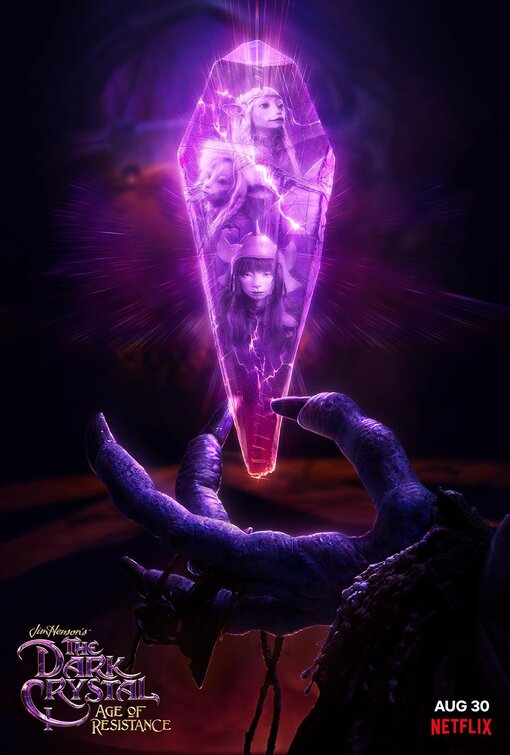 People who score high on these negative traits are more likely to commit crime, cause social problems, and create serious problems for the organization, especially if they are in leadership positions.
People who score high on these negative traits are more likely to commit crime, cause social problems, and create serious problems for the organization, especially if they are in leadership positions.
Recent studies have shown that people referred to as Internet trolls tend to show signs of sadism, antisocial behavior, psychopathy and Machiavellianism that form the Dark Tetrad. Trolling is a manifestation of everyday sadism on the Internet, both among teenagers and adults.
How do the traits of the Dark Triad manifest themselves?
All three traits of the dark triad are conceptually distinct, although they have overlapping areas such as soulless manipulative interpersonal style, lack of empathy, interpersonal hostility, and interpersonal aggressiveness.
Narcissism is characterized by grandiose conceit, pride, selfishness and lack of empathy. The narcissist strives to satisfy his ego, vanity and sense of superiority, he wants to always dominate everyone.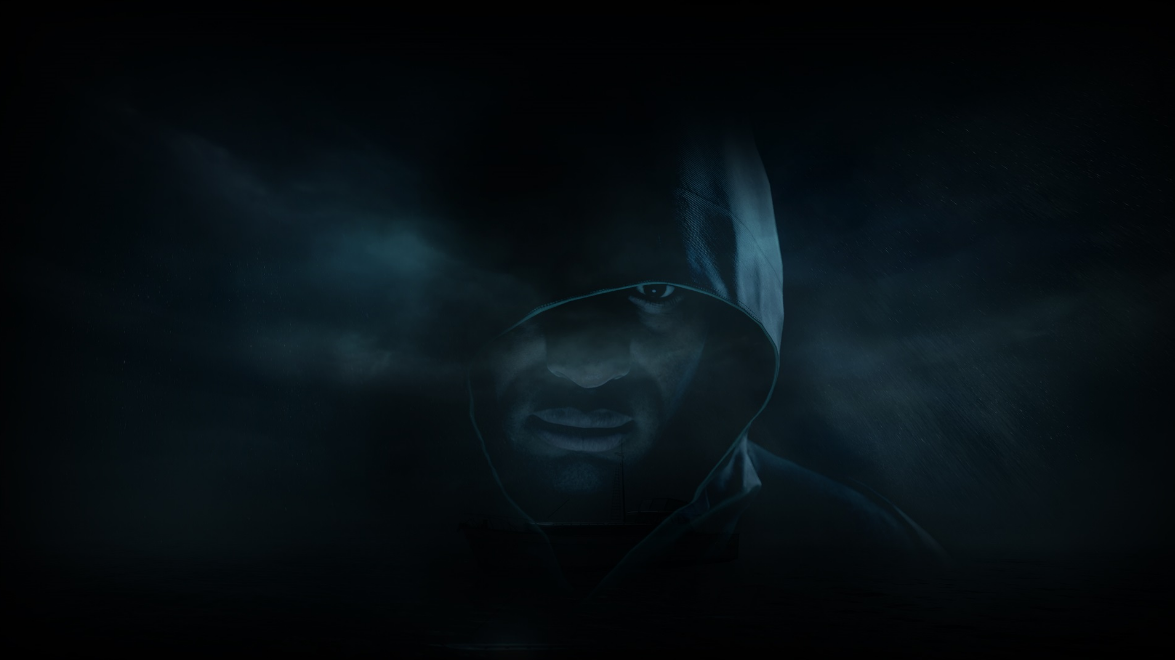 Narcissists become unbearable for the team if they are appointed to leadership positions.
Narcissists become unbearable for the team if they are appointed to leadership positions.
Machiavellianism originated from the philosophy of Machiavelli and is not a mental health disorder. Machiavellianism is characterized by the manipulation and exploitation of other people with a complete lack of moral standards, insensitive callousness and a higher level of selfishness. This is a prudent two-faced person, focused solely on personal interests and personal gain. Most often, such people are found among politicians and charismatic leaders, external charm and ability to influence people are discredited by immoral and anti-social attitudes against the backdrop of blatant selfishness with disregard for all interests except their own.
psychopathy (or personality disorders) is characterized by persistent patterns of antisocial behavior, cockiness, impulsiveness, thrill-seeking, selfishness, callousness, callousness, and ruthlessness. Psychopathy, more than any other trait, is associated with violence, danger, aggressiveness, lying, and counterproductive behavior in the workplace. Psychopaths do not care about fulfilling social obligations and respecting the norms of reciprocity. Their low emotionality means that they are less likely to care about other people or have a sense of loyalty to their employer. They are less likely to maintain production standards, meet employee demands, and lose their temper in response to criticism and remarks.
Psychopaths do not care about fulfilling social obligations and respecting the norms of reciprocity. Their low emotionality means that they are less likely to care about other people or have a sense of loyalty to their employer. They are less likely to maintain production standards, meet employee demands, and lose their temper in response to criticism and remarks.
All three of the leading traits of the Dark Triad lack honesty and humility, including sincerity, loyalty, lack of greed and justice. Psychopaths and Machiavellians deliberately lie, even when the risk of getting caught is very high. Narcissists are more prone to self-deception than deliberate dishonesty.
Those with the Dark Triad tend to have sexual intercourse more often and faster, have more sexual partners, are prone to casual sex, and may steal partners from their loved ones. They also suffer from addictions more often, prefer to spend a lot at once, do not think about the consequences of their actions, have poor self-control, low neuropsychic stability, and often have symptoms of ADHD.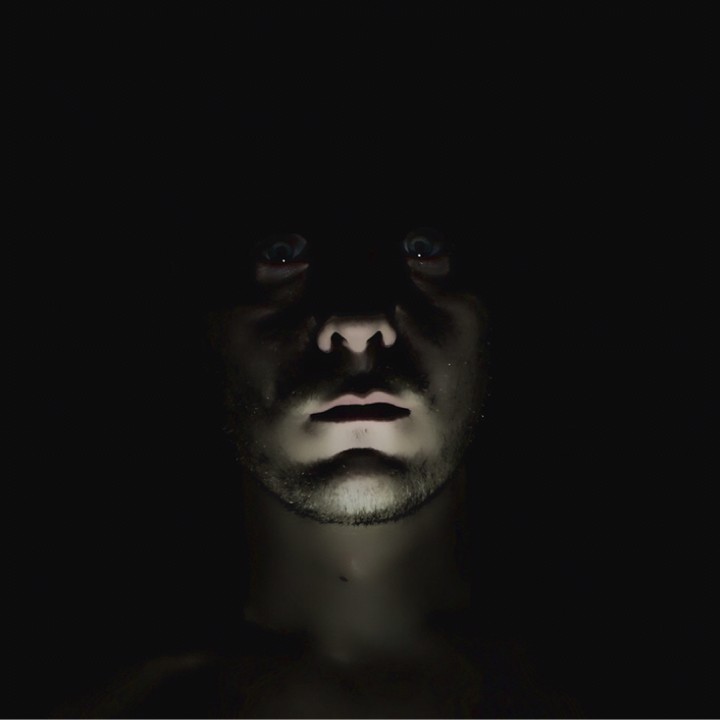 These features are included in the "fast life strategy" ("live fast - die young"), which is implemented in an exploitative, opportunistic and diversified approach to life and work in general.
These features are included in the "fast life strategy" ("live fast - die young"), which is implemented in an exploitative, opportunistic and diversified approach to life and work in general.
Psychodiagnostics of the Dark Triad
The five-factor model of personality has significant relationships with the dark triad in combination with each of the signs of the dark triad. The Dark Triad was generally negatively associated with both agreeableness and conscientiousness. Factor analysis found that among the Big Five personality traits (5PF, Big Five), low agreeableness was the strongest correlate of the Dark Triad, and neuroticism and lack of conscientiousness were associated with some of the traits. characteristic of the Dark Triad. More specifically, Machiavellianism reflects a suspicious view of human nature, which is reflected in the agreeableness trust subscale. Extraversion covers the same aspects of assertiveness, dominance, and self-importance as narcissism. Narcissism is also positively associated with achievement striving and competency aspects of conscientiousness. Psychopathy has the strongest correlations with low pleasantness and awareness of the awareness aspect.
Psychopathy has the strongest correlations with low pleasantness and awareness of the awareness aspect.
In the MMPI personality model (SMIL), the Dark Triad is manifested by an increase in psychotic scales 4 (Psychopathy) and 9 (Hypomania).
Neuropsychological diagnostic methods, such as the task of discounting rewards, determining the point of indifference, allow you to identify impulsiveness in actions and the inability to postpone rewards for some time.
What do people with the Dark Triad look like?
Several academic studies have found evidence that people with dark triad personalities seem slightly better than average at first glance. This is because people with dark triad traits put more effort into creating their appearance, but the difference in attractiveness disappears when they "dress" in home clothes and do not wear makeup. Narcissistic subjects are generally recognized as the most beautiful.
Also, the carriers of the Dark Triad features have some characteristic features of appearance, which are shown in the photo table below: [according to Holtzman N. S. Facing a psychopath: Detecting the dark triad from emotionally-neutral faces, using prototypes from the Personality Faceaurus / Journal of Research in Personality 45 (2011) 648–654]
S. Facing a psychopath: Detecting the dark triad from emotionally-neutral faces, using prototypes from the Personality Faceaurus / Journal of Research in Personality 45 (2011) 648–654]
the middle part of the face, its transverse size is also steadily associated with psychopathic personality traits. [Anderl Ch., Hahn T. et al. Facial width-to-height ratio predicts psychopathic traits in males / Personality and Individual Differences Volume 88, January 2016, Pages 99-101]
Psychopaths also have a reduced pupillary dilatation response to aversive stimuli, or even none at all. [Burley D. Gray N., Snowden R., Emotional Modulation of the Pupil Response in Psychopathy / Personality Disorders: Theory, Research, and Treatment 2019, Vol. 10, no. 4, 365-375]. Developing psychopathic traits with particular cruelty and malevolence may be a consequence of fetal alcohol syndrome.
Protect Yourself
If you think you might be related to someone with Dark Triad traits, seek the help of a psychologist. Don't be afraid to tell others about your negative experiences. Covering up bad behavior is a common but dangerous form of denial that exacerbates the consequences of antisocial behavior. Learn more about hidden forms of abuse, abusive relationships, and narcissistic relationships. Physical abuse is always preceded by emotional abuse. If you have already been threatened with violence, do not wait until the threats are carried out and do not believe the promises that this will not happen again!
Don't be afraid to tell others about your negative experiences. Covering up bad behavior is a common but dangerous form of denial that exacerbates the consequences of antisocial behavior. Learn more about hidden forms of abuse, abusive relationships, and narcissistic relationships. Physical abuse is always preceded by emotional abuse. If you have already been threatened with violence, do not wait until the threats are carried out and do not believe the promises that this will not happen again!
If you find it difficult to cope with your problems on your own, you can always seek professional psychological help.
Andrey Demkin
Can the "dark triad" harm
June 16LikbezLife
Psychologists believe that yes.
Share
0 You can listen to the article. If it's more convenient for you, turn on the podcast.
What is the “dark triad”
This term is used in psychology Dark Triad / Psychology Today to describe the three negative personality traits: narcissism, Machiavellianism, and psychopathy.
Sometimes these qualities are added E. E. Buckels, P. D. Trapnell, D. L. Paulhus. Trolls just want to have fun / Personality and Individual Differences This model is called the "dark tetrad".
For a long time, scientists have studied narcissism, Machiavellianism and psychopathy separately. But in the early 2000s, Canadian psychologists Delroy Polhus and Kevin Williams combined D. Paulhus, K. M. Williams. The Dark Triad of Personality: Narcissism, Machiavellianism, and Psychopathy / Journal of Research in Personality came up with a term and tried to find something that links the qualities together. True, then they did not succeed.
Today, some psychologists consider A. Furnham, S. C. Richards, D. Paulhus. The Dark Triad of Personality: A 10-Year Review / Social and Personality Psychology Compass that, although narcissism, psychopathy and Machiavellianism have individual characteristics, they all have a common core - the "D factor" at the heart of them all. That's what they call M. Moshagen, B. E. Hilbig, I. Zettler. The dark core of personality / Psychological Review disregard for the interests and feelings of others.
That's what they call M. Moshagen, B. E. Hilbig, I. Zettler. The dark core of personality / Psychological Review disregard for the interests and feelings of others.
How the "dark triad" manifests itself in people's behavior
"Triad" reflects the individual characteristics of people who are considered to be soulless, prudent and evil. They can manipulate others and do whatever they want to get their way. They lack S. Jakobwitz, V. Egan. The dark triad and normal personality traits / Personality and Individual Differences of goodwill, responsibility and emotional stability. They also have extremely high self-esteem.
Often they do not follow moral and ethical standards. Feel free to exercise D. N. Jones, D. L. Paulhus. Different Provocations Trigger Aggression in Narcissists and Psychopaths / Social Psychological and Personality Science A. Harrison, J. Summers, B. Mennecke. The Effects of the Dark Triad on Unethical Behavior / Journal of Business Ethics of others, edit P. K. Jonason, N. P. Li, D. M. Buss. The costs and benefits of the Dark Triad: Implications for mate poaching and mate retention tactics / Personality and Individual Differences to spouses and poison 1. H. Chabrol, N. Van Leeuwen, R. Rodgers et al. Contributions of psychopathic, narcissistic, Machiavellian, and sadistic personality traits to juvenile delinquency / Personality and Individual Differences
K. Jonason, N. P. Li, D. M. Buss. The costs and benefits of the Dark Triad: Implications for mate poaching and mate retention tactics / Personality and Individual Differences to spouses and poison 1. H. Chabrol, N. Van Leeuwen, R. Rodgers et al. Contributions of psychopathic, narcissistic, Machiavellian, and sadistic personality traits to juvenile delinquency / Personality and Individual Differences
2. E. E. Buckels, P. D. Trapnell, D. L. Paulhus. Trolls just want to have fun / Personality and Individual Differences for those who can't stand up for themselves. And they even commit S. B. Kaufman, D. B. Yaden, E. Hyde et al. The Light vs. Dark Triad of Personality: Contrasting Two Very Different Profiles of Human Nature / Frontiers in Psychology of Crime.
At the same time, the ratio of psychopathy, narcissism and Machiavellianism can T. V. Kornilova, S. A. Kornilov, M. A. Chumakova et al. differ. And the behavior of a person will depend on which quality prevails.
Psychopathy
Like the other members of the triad, this is not a medical diagnosis. And yet she is closer than the rest to mental personality disorders - antisocial Cluster B Personality Disorders / DSM-5 and dissocial 1. Dissocial personality disorder / ICD-10
2. Dissocial personality disorder / ICD-11.
Psychopathy is sometimes called the darkest of the "triad" traits: due to the inability to empathize, problems with self-control and disregard for the rules, a person causes a lot of harm to others.
He perceives others as puppets. An example is Anton Chigurh from No Country for Old Men. The hero played by Javier Bardem literally plays with human lives, which mean nothing to him.
However, psychopathy is manifested not only in criminals, but also in those who do not commit M. K. Mahmut, J. Homewood, R. J. Stevenson. The characteristics of non-criminals with high psychopathy traits: Are they similar to criminal psychopaths? / Journal of Research in Personality of illegal actions.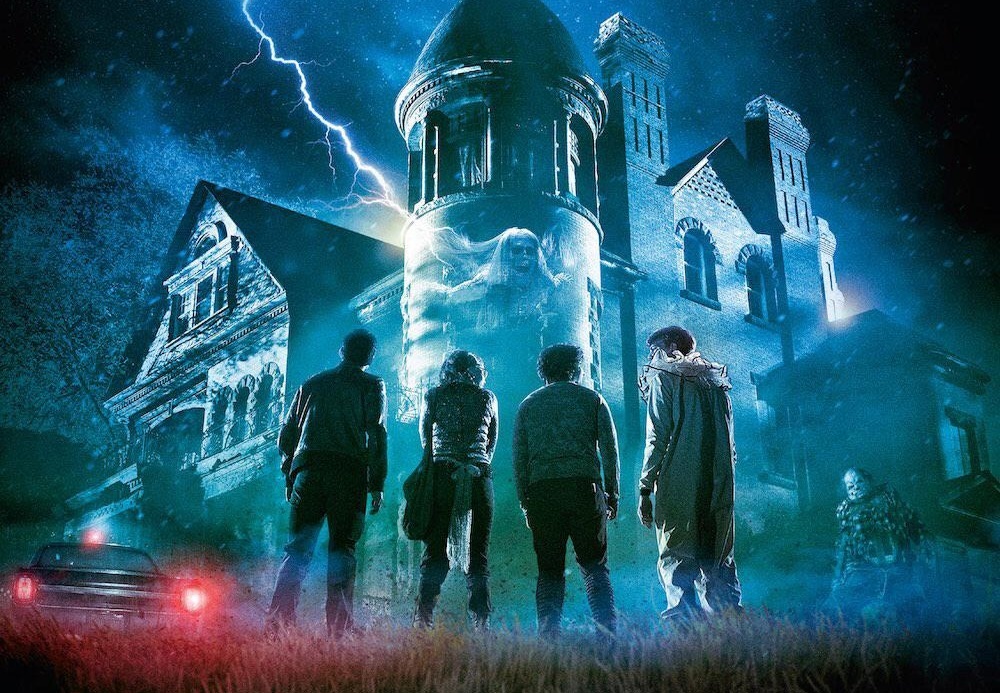 Tendency to it may Z. Lee, R. T. Salekin. Psychopathy in a noninstitutional sample: Differences in primary and secondary subtypes / Personality Disorders: Theory, Research, and Treatment may be innate or formed during the course of personality development.
Tendency to it may Z. Lee, R. T. Salekin. Psychopathy in a noninstitutional sample: Differences in primary and secondary subtypes / Personality Disorders: Theory, Research, and Treatment may be innate or formed during the course of personality development.
Machiavellianism
This trait is primarily characterized by S. Al Aïn, A. Carré, C. Fantini-Hauwel et al. What is the emotional core of the multidimensional Machiavellian personality trait? / Frontiers in Psychology striving to achieve their goals without thinking about the consequences. It is named after Niccolo Machiavelli, an Italian thinker of the 16th century. He believed that the true ruler can only achieve what he wants with the help of deceit, cunning and manipulation.
Machiavellianism is also associated R. D. Peterson, C. L. Palmer. The Dark Triad and nascent political ambition / Journal of Elections, Public Opinion and Parties with great ambitions. People with a predominance of this trait are capable of D. N. Jones, D. L. Paulhus. Duplicity among the dark triad: Three faces of deceit / Journal of Personality and Social Psychology make long-term plans and adequately assess risks.
N. Jones, D. L. Paulhus. Duplicity among the dark triad: Three faces of deceit / Journal of Personality and Social Psychology make long-term plans and adequately assess risks.
An example of a Machiavellian is Cruella from the recent Disney movie. She uses her friends Horace and Jasper, regardless of their opinions and the dangers that threaten them.
Narcissism
This is the name given to B. F. S. Grenyer. Historical overview of pathological narcissism / Understanding and treating pathological narcissism unhealthy self-love and arrogance towards others.
Narcissistic people believe that their interests are more important than others, and needs must be satisfied first. They sincerely believe that they are head and shoulders above everyone else.
Also, narcissists cannot calmly and adequately respond to criticism, do not compromise, do not pay attention to the wishes of others. Because of this, they have a hard time B.F.S. Grenyer. Historical overview of pathological narcissism / Understanding and treating pathological narcissism And that makes them lonely.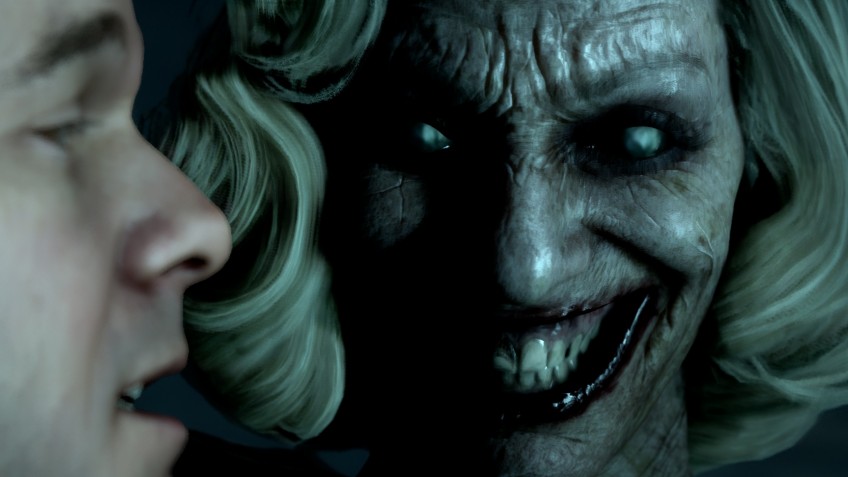
Daffodils may meet for the first time 1. M. Giacomin, C. H. Jordan. Misperceiving grandiose narcissism as self-esteem: Why narcissists are well liked at zero acquaintance / Journal of Personality
2. M. D. Back, S. C. Schmukle, B. Egloff. Why are narcissists so charming at first sight? Decoding the narcissism–popularity link at zero acquaintance / Journal of Personality and Social Psychology seem like quite nice people. But in fact, they despise everyone but themselves, and pretty soon it comes out.
Such people also adore S. Vazire, L. P. Naumann, P. J. Rentfrow, et al. Portrait of a narcissist: Manifestations of narcissism in physical appearance / Journal of Research in Personality to look “at 100”: they wear expensive or catchy clothes, monitor their appearance and spend a lot of time and money maintaining it.
A very striking example of a narcissistic personality is Christian Bale's character in the film American Psycho. He is so narcissistic that even during sex he does not take his eyes off his body in the mirror.
How to recognize the "dark triad"
The easiest way is to analyze Dark Triad / Psychology Today behavior. If there are constant deceptions, a clear lack of sympathy, manipulation of others, you should be wary.
If you want to test yourself, you can use a special test. One of the simplest and most popular - Dirty dozen ("dirty", or "dark dozen") - consists of 1. P. K. Jonason, G. D. Webster. The Dirty Dozen: A Concise Measure of the Dark Triad / Psychological Assessment
2. T. V. Kornilova, S. A. Kornilov, M. A. Chumakova et al. Methodology for diagnosing personality traits of the "Dark Triad": testing the questionnaire "Dark Dozen" / Psychological journal of 12 statements:
- I am inclined manipulate others to achieve their goals.
- I used deceit and lies to achieve my goals.
- I flattered to get what I wanted.
- I tend to use other people for my own purposes.
- I have no remorse.
- I am not worried about the moral side of my actions.

- I am heartless or insensitive.
- I am prone to cynicism.
- I would like to be admired by other people.
- I would like other people to pay attention to me.
- I strive for status and prestige.
- I usually expect special treatment.
Each proposal should be scored on a scale from one (strongly disagree) to seven (strongly agree).
The first four measures Machiavellianism, the next measures psychopathy, and the last four measures narcissism. The higher the scores in each category, the stronger the corresponding qualities of the "dark triad" are developed. Those who do not want to count can take the test online.
There are also advanced tests that allow you to identify the "dark triad" and "tetrad".
Even more accurate data will help 1. J. D. Miller, L. R. Few, L. A. Seibert et al. An examination of the Dirty Dozen measure of psychopathy: A cautionary tale about the costs of brief measures / Psychological Assessment
2. G. L. Cartera, A. C. Campbell, S. Muncer. A Mokken analysis of the Dark Triad ‘Dirty Dozen’: Sex and age differences in scale structures, and issues with individual items / Personality and Individual Differences For example, you can use these three:
G. L. Cartera, A. C. Campbell, S. Muncer. A Mokken analysis of the Dark Triad ‘Dirty Dozen’: Sex and age differences in scale structures, and issues with individual items / Personality and Individual Differences For example, you can use these three:
- Narcissistic Personality Inventory, NPI-40.
- Machiavellian personality scale, Mach-IV.
- Psychopathy Identification Questionnaire, SRP-III.
Is it worth doing something if there are signs of the "dark triad"
There is an opinion that the qualities of the "dark triad" can be useful for those who possess them. For example, some studies show that daffodils get D. Spurk, A. C. Keller, A. Hirschi. Do Bad Guys Get Ahead or Fall Behind? Relationships of the Dark Triad of Personality With Objective and Subjective Career Success / Social Psychological and Personality Science higher pay, Machiavellians get promoted more easily, and people with psychopathy have S. O. Lilienfeld, A. L. Watts, S. F. Smith. Successful Psychopathy: A Scientific Status Report / Current Directions in Psychological Science is more likely to take a leadership position.
L. Watts, S. F. Smith. Successful Psychopathy: A Scientific Status Report / Current Directions in Psychological Science is more likely to take a leadership position.
However, not everything is so simple. Many psychologists are against this view. Critics draw D. Adam. Does a ‘dark triad’ of personality traits make you more successful? / Science attention to the fact that this approach whitens the negative qualities of the individual. But there are other claims as well.
So, American researchers in the article 2019years claim J. D. Miller, C. Vize, M. L. Crowe et al. A Critical Appraisal of the Dark-Triad Literature and Suggestions for Moving Forward / Current Directions in Psychological Science, that studies of the benefits of the "triad" are too clumsy in analyzing the nature of the subjects and manipulating statistics. For example, a short Dirty Dozen questionnaire is used to identify dark personality traits, rather than detailed tests. And the experiments themselves, according to critics, are carried out in incorrect conditions: among students, and not in the workplace.
Psychologists have no doubts E. H. O’Boyle, D. R. Forsyth, G. C. Banks et al. A meta-analysis of the Dark Triad and work behavior: A social exchange perspective / Journal of Applied Psychology is that the qualities of a "triad" can ruin a person's reputation and destroy his social ties. "Toxic leadership" is not to everyone's liking, and even if someone manages to achieve high positions due to the dark side of their personality, success can not always be maintained.
As shown E. H. O'Boyle, D. R. Forsyth, G. C. Banks et al. A meta-analysis of the Dark Triad and work behavior: A social exchange perspective / Journal of Applied Psychology analysis of research on this topic, bosses with traits of the "dark triad" negatively affect the performance of subordinates. And if it turns out to be too low, the head may lose his position.
So it is better not to hope that the negative qualities of a person will be useful to you or your loved ones. It would be best to contact a psychologist or psychotherapist.
